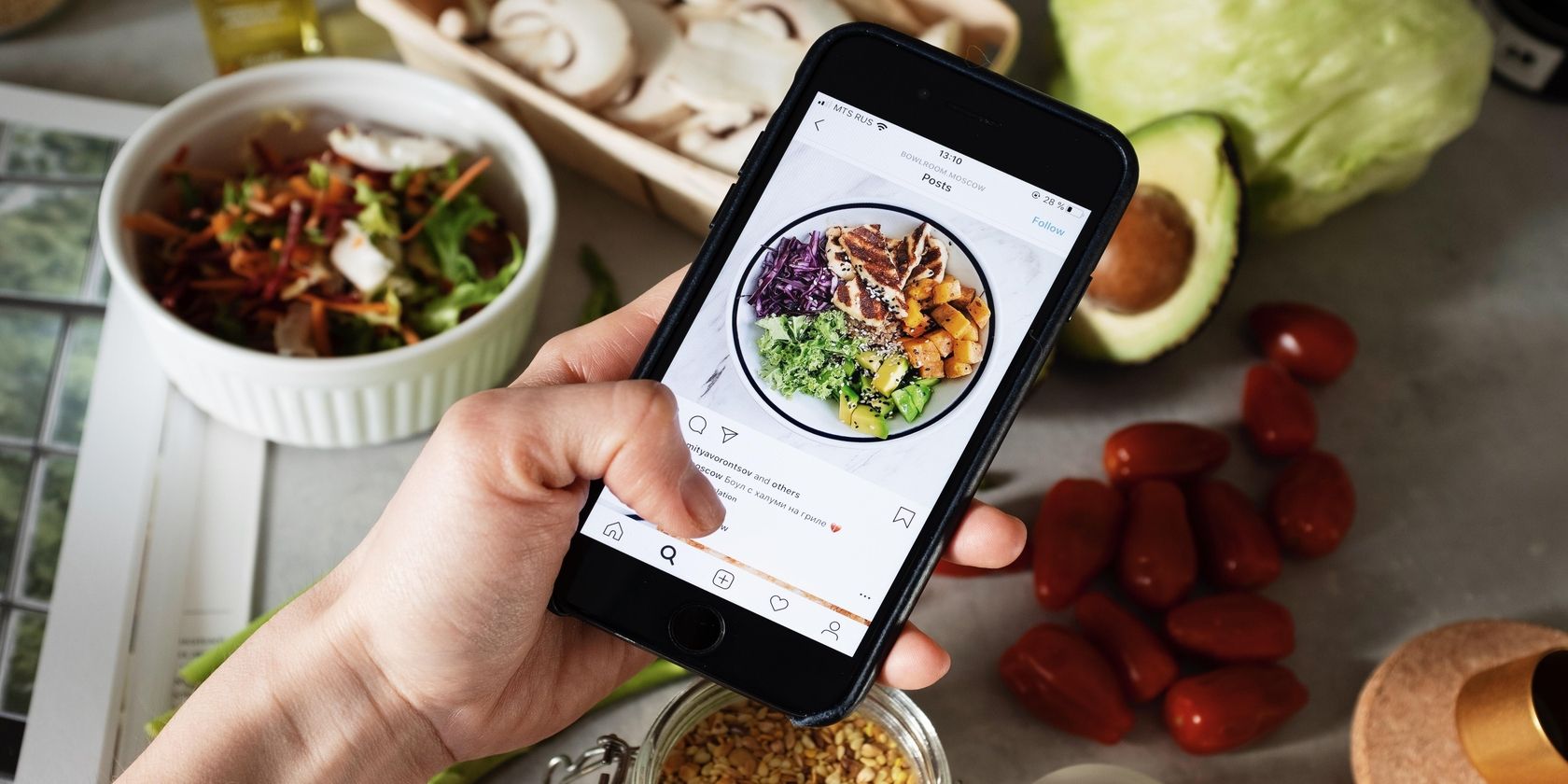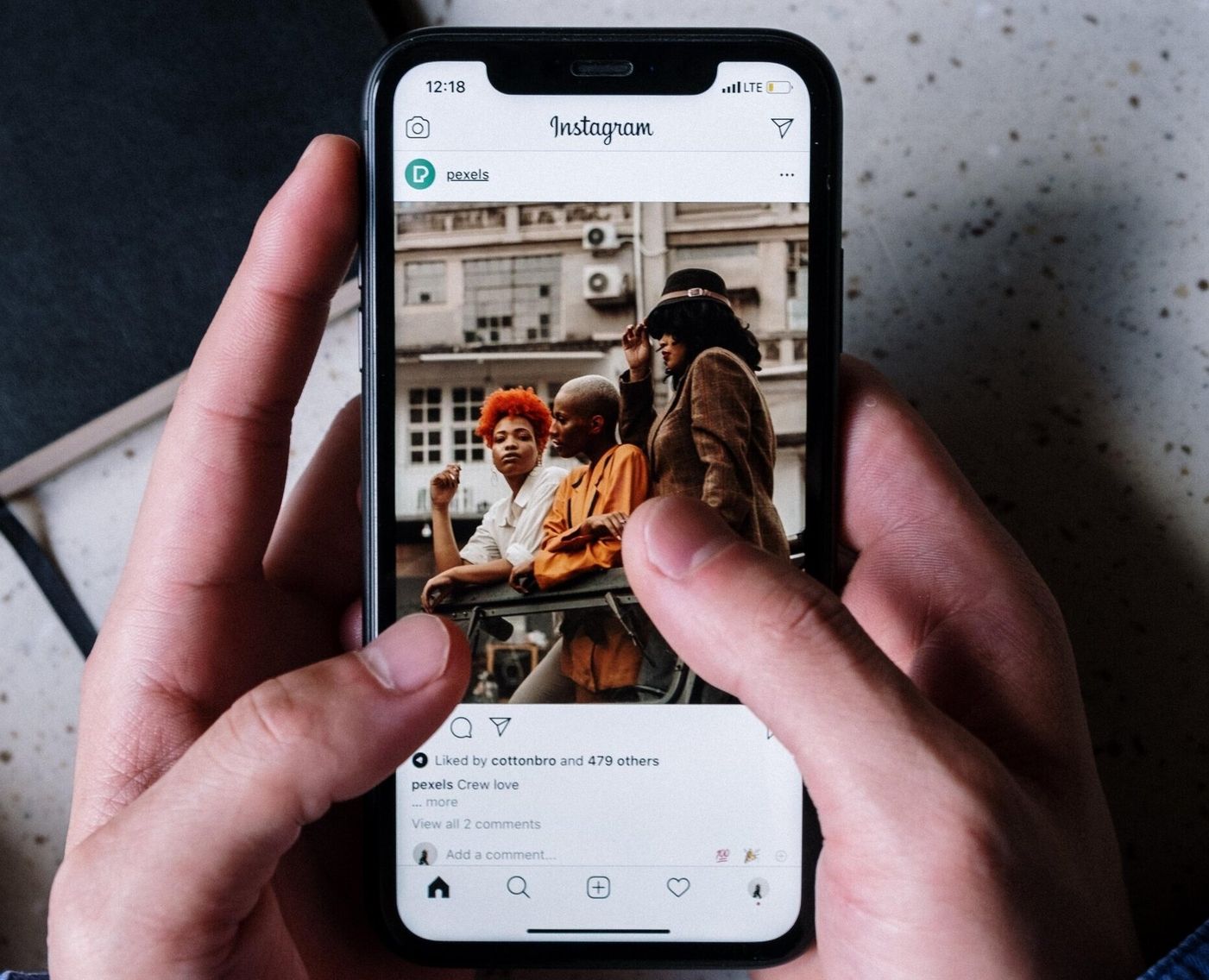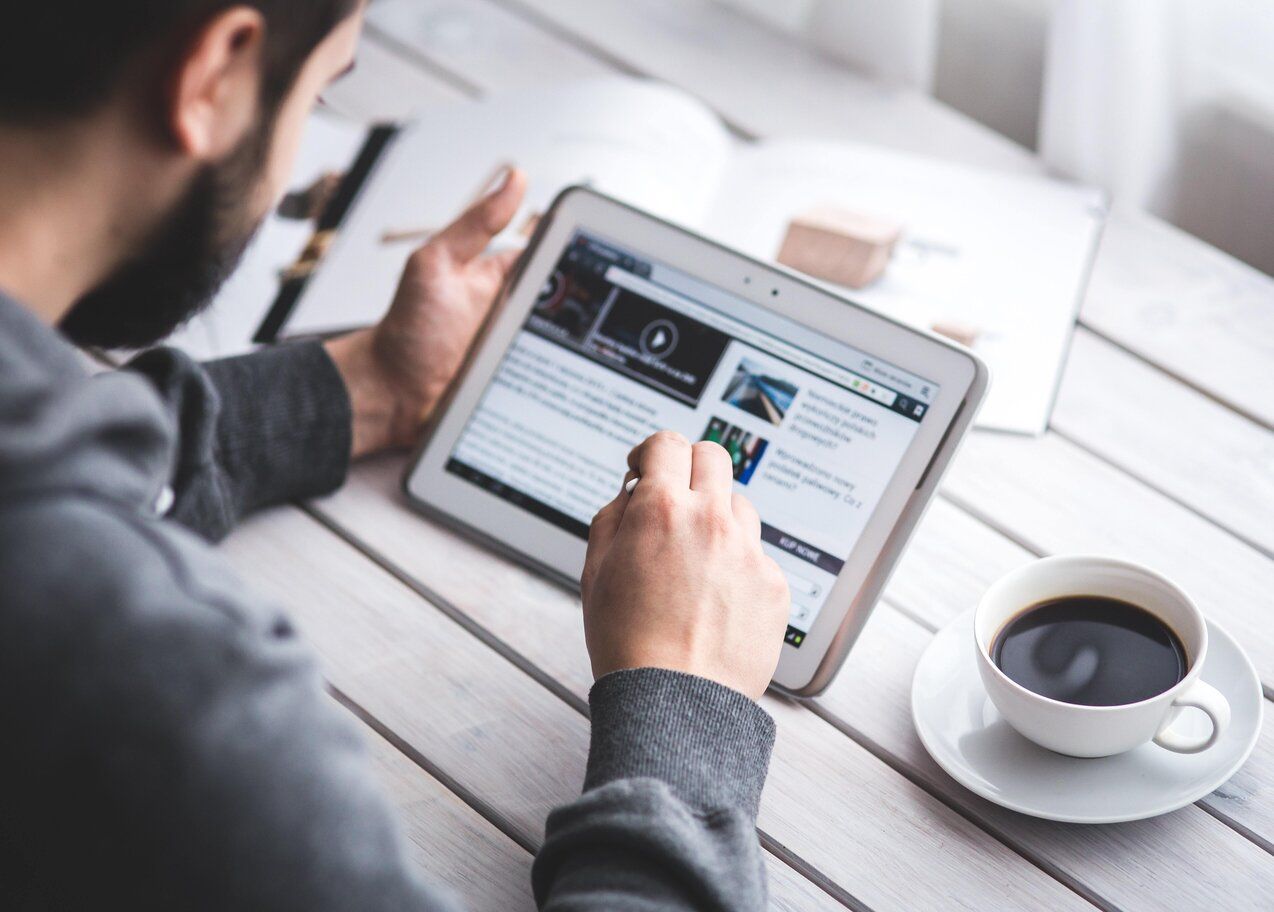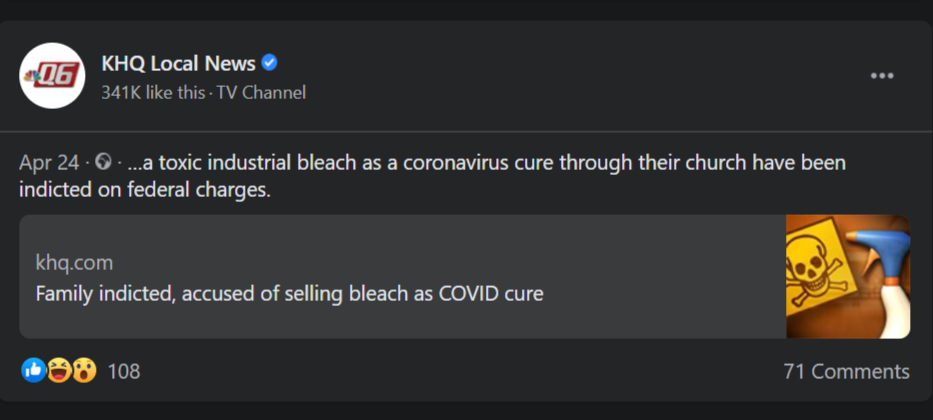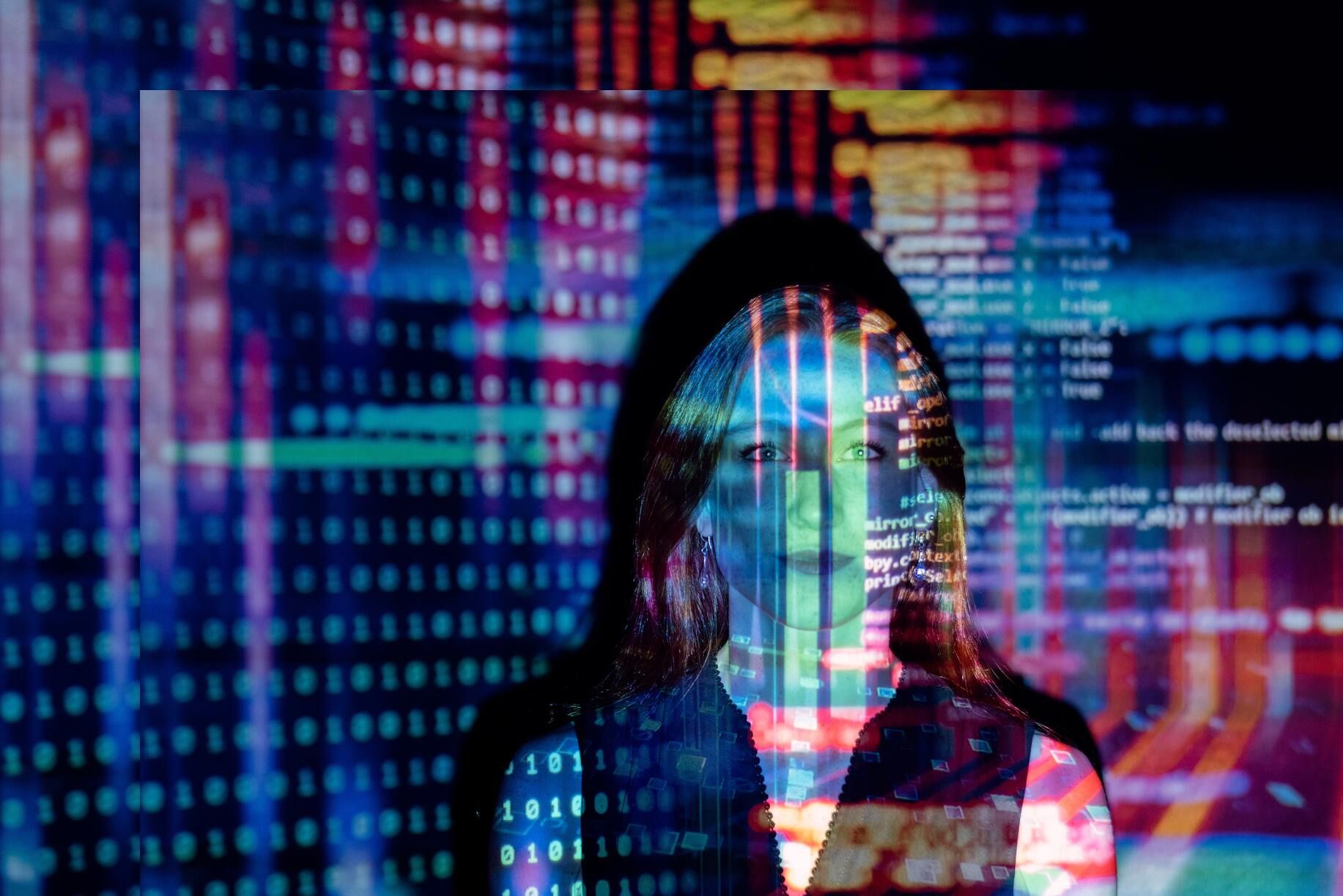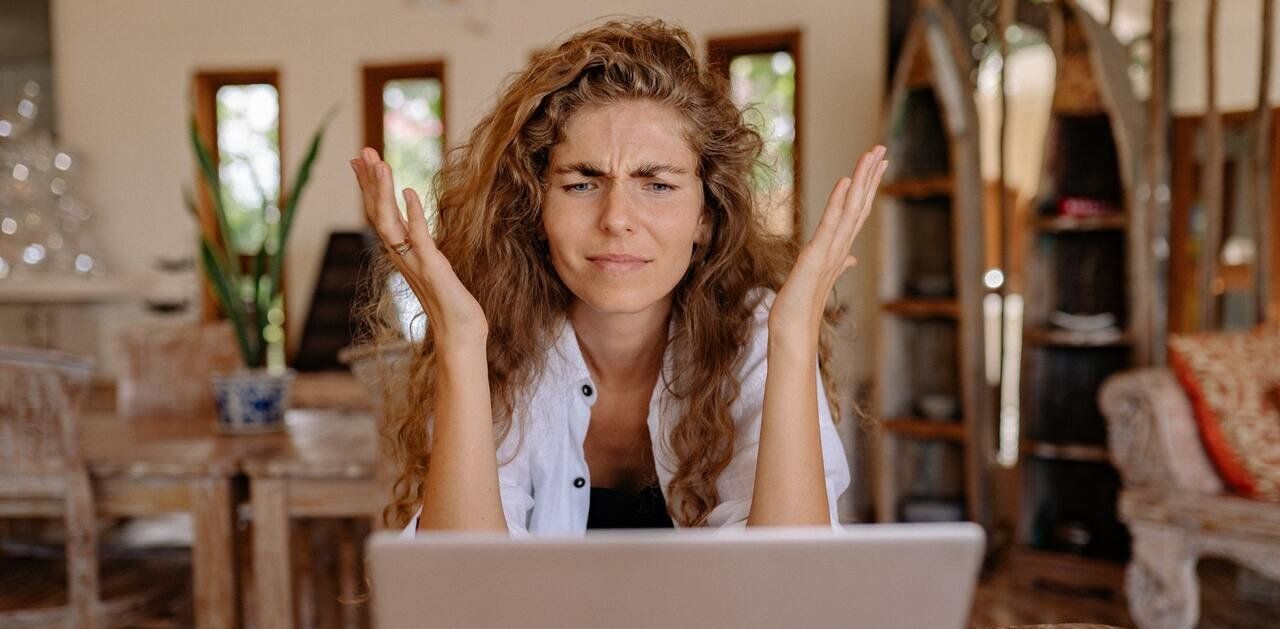The novel coronavirus has left its mark on every aspect of our lives, including social networking. Consumers are spending more time on social media than ever before. Some use it to stay abreast of the latest information on COVID-19, whereas others see it as a communication tool.
While it's true that Facebook and other platforms make social distancing easier, they also have potential drawbacks. For starters, excessive use of social media is linked to depression, loneliness, anxiety, and low self-esteem.
Let's see how the recent events have altered our social media habits, and why this matters...
The Impact of COVID-19 on Social Media
COVID-19 has disrupted the digital landscape, affecting consumers and businesses alike. The major social networks helped people remain connected and keep up with the latest events. This trend, however, is also fueling stress and burnout, especially among remote workers.
More than half of Americans have changed their social media habits in response to the COVID-19 outbreak, according to a 2020 survey conducted by the Ohio State University Wexner Medical Center.
About one-third of respondents said they're spending more time on social networks because of the tension around them. One in five Americans did the opposite, stepping away from Facebook and other social media platforms during the lockdown.
The same source reports that stress, anxiety, and depression rates have skyrocketed over the past year. The same goes for substance abuse and suicide rates. In light of the recent events, most people are constantly stressed. And overuse of social media is only makes things worse.
Digital technology, including social media, is a double-edged sword. On one hand, it makes social distancing easier and provides immediate access to information. On the other hand, it can disseminate false information and create confusion among users.
These days, browsing your social feeds can feel like watching a train wreck. That's why it's more important than ever to put your mental health first and find new ways to manage stress.
Meanwhile, read on to see how people's social media habits are changing due to the COVID-19 pandemic.
1. Social Media Usage Is Increasing
According to AdColony, 61 percent of consumers are spending more time on social media. This trend is partly due to the shift to remote work and partly due to the need for social distancing.
Kantar, a leading market research company, reports that YouTube usage went up among millennials and GenZers. The same source states that over 60 percent of GenZers and roughly 50 percent of millennials are more active on Instagram nowadays than they were before the pandemic.
While social media usage varies by demographic group, most platforms saw an increase in popularity. For many people, social media has become an essential communication tool and a source of information. The number of Facebook messages and WhatsApp calls, for instance, reportedly doubled in March 2020 in the countries hardest hit by COVID-19.
2. The COVID-19 Infodemic Is on the Rise
According to a report by the United Nations, social media is flooded with fake news and misleading information related to the novel coronavirus.
The major social networks are actively trying to filter out false information, but this doesn't stop users from spreading rumors. For example, you may have heard that rinsing your nose with saline solution or eating garlic can prevent COVID-19. These myths are unfounded and can actually endanger your health.
As reported by NBC News, in March 2020, Facebook and Twitter both removed a video in which Brazilian President Jair Bolsonaro claimed that chloroquine phosphate, an antimalarial drug, can kill the virus. Yet, this didn't stop people from spreading the news. Some still believe that the rumors are true.
A couple in Arizona became gravely ill after using chloroquine to prevent COVID-19, and one eventually died.
The bottom line is, don't believe everything you hear in the news or read about on social media. Double-check the sources and consult your doctor before taking any medications or "magic" pills.
3. Social Media Has Become a Hunting Ground for Hackers
Startups Magazine reports that cybercrime increased by 600 percent in response to the current events, with global costs reportedly reaching $1 trillion in 2020. Hackers are targeting both individuals and businesses, taking advantage of the increase in remote work and pandemic-related fears.
Many people feel safe sharing sensitive information on social media. The problem is that pretty much anyone can access this data.
Cybercriminals can use your name, address, location, and other personal details to steal your identity, hack your bank accounts, or take control over your computer. Some use social media for phishing scams. Health-related phishing, for example, often targets seniors and people with health concerns.
The good news is, you can safeguard your data by being proactive. Simple things, such as updating your operating system regularly and using stronger passwords, can mitigate security risks on social media and beyond.
4. Social Media Stress Has Reached All-Time Heights
While it's true that social media makes it easier to keep in touch with family and friends, it can also boost stress and anxiety.
Health experts warn that social media users are overexposed to stressors. It's hard to feel safe when your social feeds are flooded with doom stories. Social media also fuels perfectionism, which may further increase stress.
Chester County Hospital reports that people with seven or more social media accounts are three times as likely to experience anxiety as those using fewer than two platforms. As the researchers point out, social media users report higher stress levels than ever before.
No one can deny the benefits of social networking. But even so, you should still take a break from technology every now and then.
Social Media Is a Tool, Not a Lifestyle
Social media is an integral part of modern life. Whether you use it for work, business, or entertainment, it's important to know where to draw the line. Facebook, LinkedIn, and other social platforms cannot replace real-life experiences.
The novel coronavirus outbreak led to an increase in social media usage. People from around the world are now spending their time online due to social distancing measures. However, this isn't an excuse to live your life online (and alone).
From reading and working out to trying new hobbies, there are countless ways to stay entertained during quarantine. Social media isn't your only option.

